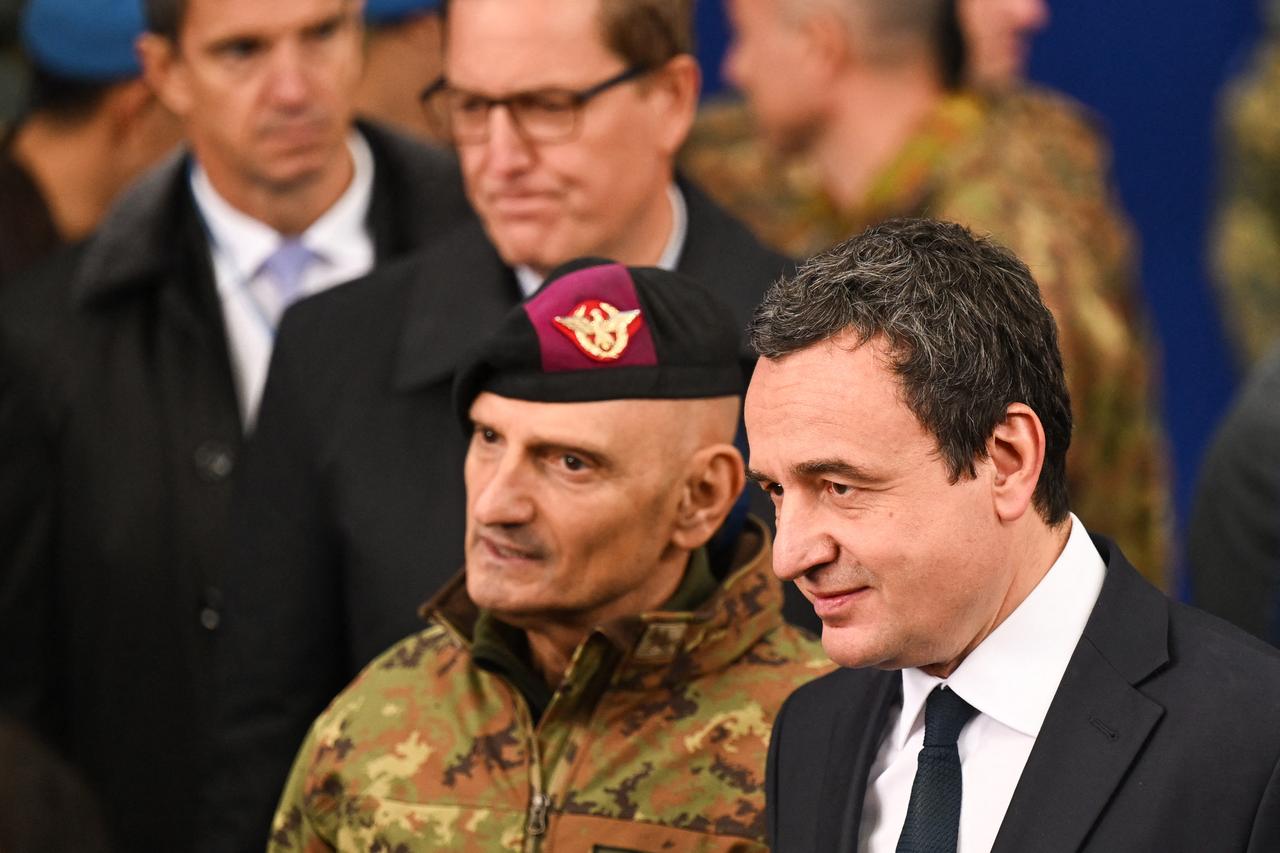
Kosovo's parliament formally convened Friday after an eight-month political stalemate, but the country's interim leader still faces significant hurdles in securing enough support to form a government.
Lawmakers in the tiny Balkan nation elected a deputy speaker, marking progress toward establishing a new government following February's inconclusive elections. Parliamentary speaker Dimal Basha declared the session official, telling politicians in the capital, "The parliament has been constituted."
The development represents a procedural victory for interim Prime Minister Albin Kurti, whose Vetevendosje party won the most seats in the February vote. However, his party captured only 48 seats in parliament — 13 short of the 61 needed for a majority — leaving him dependent on coalition partners to secure another term as prime minister.
Kurti's party has spent months navigating a fractured parliament to accomplish even basic organizational tasks. The prolonged delay in selecting parliamentary leadership has underscored the deep political divisions within Kosovo, which declared independence from Serbia in 2008 and remains one of Europe's youngest nations.
The main opposition parties have consistently refused to enter a coalition with Vetevendosje, complicating Kurti's efforts to assemble a governing majority. Lumir Abdixhiku, leader of one of the largest opposition blocs, made clear that his party's stance has not softened despite Friday's progress.
"The path to forming a government has been opened, while we invite VV to prove that it has the votes for this," Abdixhiku told reporters following the vote.
The political uncertainty comes as Kosovo continues to face economic challenges and ongoing tensions with Serbia, which does not recognize its independence.